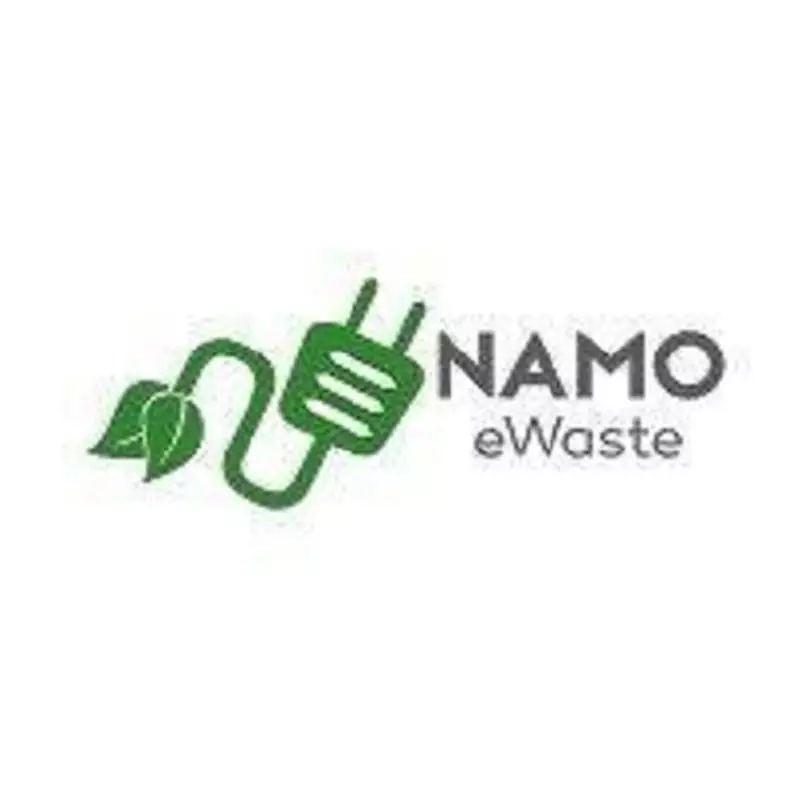
India is currently witnessing the dawn of what experts are calling its "Next Green Revolution" - but this time, it's not happening in agricultural fields. Instead, it's taking shape in recycling facilities where discarded smartphones, computers, and electronics are being transformed into economic opportunities and environmental solutions.
The Rising Tide of Electronic Waste
With over 1.6 million tonnes of electronic waste generated annually, India has emerged as the world's third-largest e-waste producer. However, what was once seen as an environmental crisis is now becoming an economic opportunity. The country's informal recycling sector, long criticized for hazardous practices, is rapidly formalizing and adopting sophisticated technologies.
From Trash to Treasure: The Economic Impact
The numbers tell a compelling story. India's e-waste management market is projected to grow from the current $1.5 billion to nearly $4.5 billion by 2028. This growth isn't just about environmental cleanup - it's creating thousands of skilled jobs in collection, transportation, dismantling, and material recovery.
What makes this sector particularly exciting is its multi-faceted impact:
- Job creation across urban and semi-urban areas
- Reduced dependency on virgin material imports
- Development of indigenous recycling technologies
- Conservation of natural resources through material recovery
Innovation Driving the Change
Indian startups and established companies are developing cutting-edge solutions for e-waste processing. From automated dismantling systems to advanced metal extraction techniques, these innovations are making recycling more efficient and profitable. The sector is attracting significant investment, with venture capital flowing into companies that can turn e-waste into valuable resources.
Government Policy as a Catalyst
The Extended Producer Responsibility (EPR) framework implemented by the government has been a game-changer. Manufacturers are now legally obligated to manage the disposal of their products, creating a structured ecosystem for formal recycling. This policy push, combined with growing environmental awareness among consumers, is accelerating the sector's growth.
The Road Ahead: Challenges and Opportunities
While the progress is impressive, challenges remain. Integrating the vast informal sector, improving collection infrastructure, and developing more efficient recycling technologies are critical next steps. However, with increasing corporate participation and technological innovation, India's e-waste revolution shows no signs of slowing down.
This new-age green revolution represents more than just waste management - it's about building a circular economy where waste becomes wealth, and environmental responsibility drives economic growth.





